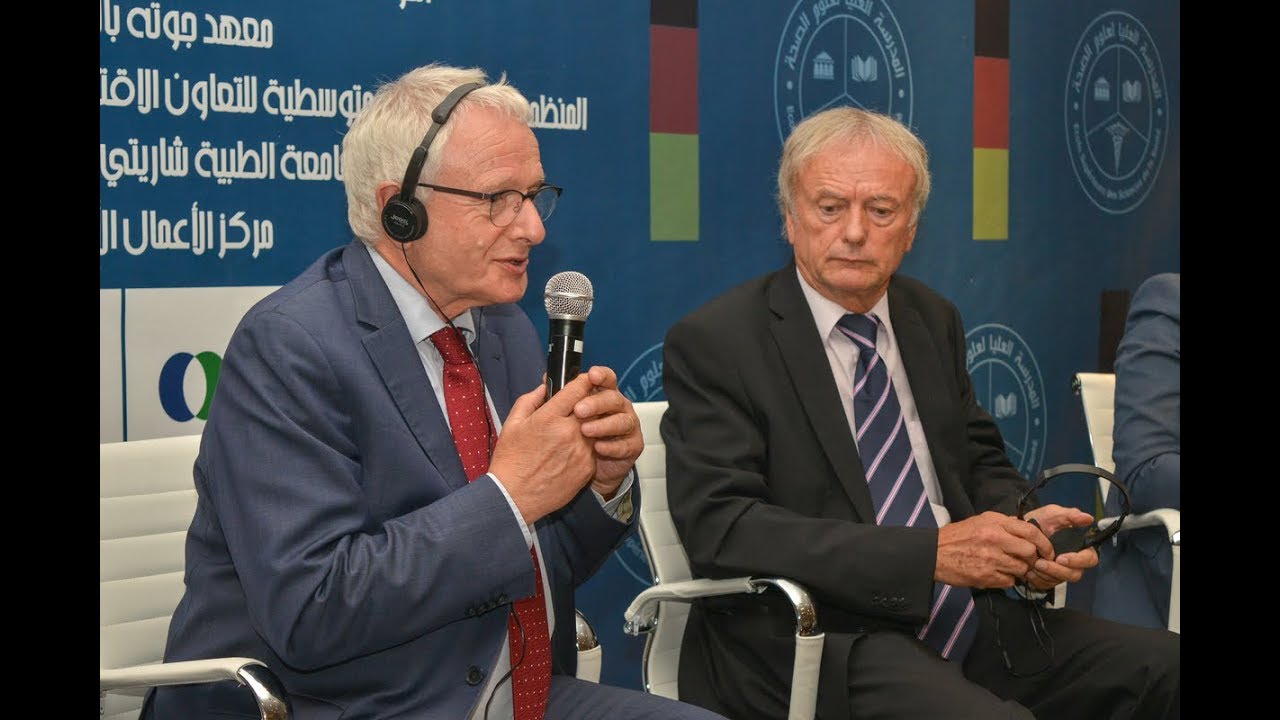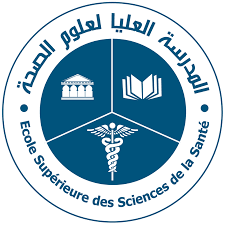A study program against shortage of skilled workers and youth unemploymentOpening of a German program for health sciences
The EMA partner University of Health Sciences in Casablanca, the Ecole Supérieure des Sciences de la Santé (ESSS), announced the “German Program” at the beginning of the 2019/2020 academic year. In addition to the EMA, the ESSS also works with the German Society for Education and Work (GBB), the Goethe Institute, the Charité – Universitätsmedizin Berlin and the German Business Center (GBC) in Casablanca.
The health science program is taught in German and aims to train health workers in accordance with European standards of higher education and to enable graduates to work in Germany. The “German Program” is a win-win initiative for Moroccan and German interest groups. It contributes to efforts to reduce the shortage of skilled workers in Germany and the youth unemployment rate in Morocco.
Shortage of skilled workers in the health professions in Germany
The German health sector, which employs around ten percent of the 44.3 million people in employment in Germany, has one of the fastest growth rates – three times as high as that of the economy as a whole, due to the increasing demand for health services and the country’s demographics. The German labor market suffers from a serious shortage of qualified medical and nursing professionals. Quantitatively, the shortage is between 120,000 and 200,000 skilled workers. According to the Federal Employment Agency, four health sectors in particular are affected by this shortage: doctors, nurses, specialists in rehabilitation and geriatric care assistants. Statistics show that almost two-thirds of healthcare facilities are understaffed with an average of 4.3 people.


A new approach to reducing understaffed positions
Despite considerable efforts by German universities and training institutions, the shortage of skilled workers has so far only been counteracted to a limited extent, as a result of which the health institutions have recently concentrated on recruiting missing staff from abroad. However, so far there have been many difficulties such as language barriers, cultural differences or problems with the recognition of qualifications. That is to change with this German-Moroccan cooperation.
Potential of Moroccan youth
In Morocco, young people make up around 30 percent of the population. Accordingly, the aim of this program is to give young Moroccans the opportunity to be competitive and to fill vacancies at German health facilities through training.
The German program is a successful partnership model between Morocco and Germany in terms of training and employment within the framework of Euro-African cooperation. In this project, the EMA is involved in determining needs in the health care system in Germany, arranging internships for students and simplifying travel and administrative procedures.

École Supérieure des Sciences de la Santé (ESSS)
The ESSS is an institute for higher education in Casablanca that has existed since 2014. In the health professions, young Moroccans are given high-quality training. The teaching content is in line with US and European university standards. The aim here is to become the leading Moroccan training institution for professions in the healthcare sector.
German Business Center (GBC)
The GBC in the heart of the Moroccan economic metropolis Casablanca helps companies to set up their business activities in the Moroccan market. At the GBC, established and young companies come together and shape the future together. From spatial and administrative support to local or regional commercial representation, the GBC is the local contact for German companies.


